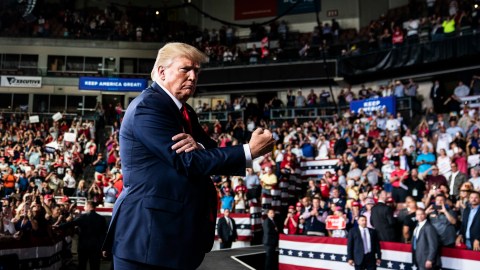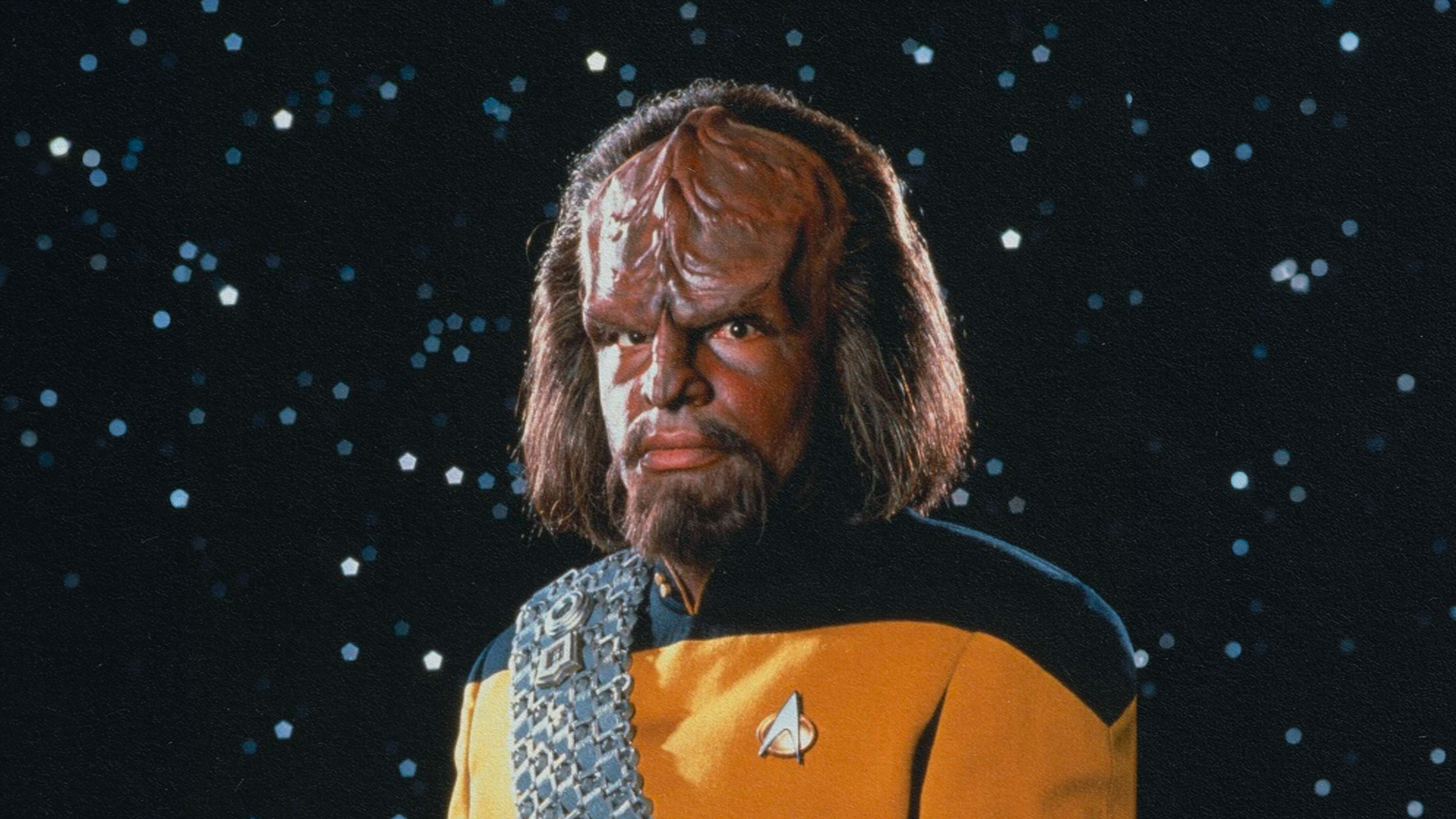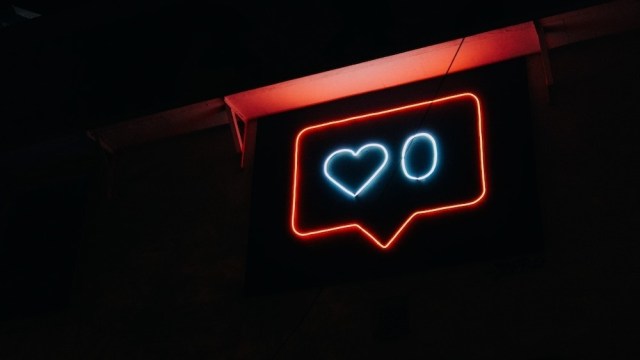Want to seem more authentic? Use politically incorrect language.

Image source: The Washington Post / GETTY
- The study involved nearly 5,000 participants across nine experiments, which found that both liberals and conservatives viewed politically incorrect speakers as more authentic.
- The results also suggest that political incorrectness can offend liberals and conservatives — it just depends on the issue.
- About 80 percent of Americans believe political correctness is a problem in the U.S., according to a 2018 study.
Speaking in a politically correct manner might help you to avoid offending people. It might lower your chances of making waves at work. But one thing political correctness won’t help you with, according to new research, is appearing authentic to others, on both sides of the aisle.
The findings — which come from researchers at UC Berkeley’s Haas School of Business and are set to be published in The Journal of Personality and Social Psychology — suggest that using politically incorrect language like “illegal” versus “undocumented” immigrants makes a speaker come off as more authentic and less persuadable by others.
“The cost of political incorrectness is that the speaker seems less warm, but they also appear less strategic and more ‘real,'” Juliana Schroeder, co-author of the paper, told Haas Newsroom. “The result may be that people may feel less hesitant in following politically incorrect leaders because they appear more committed to their beliefs.”
The forthcoming study involves some 5,000 participants across nine studies, in which political correctness is defined as “using language or behavior to seem sensitive to others’ feelings, especially those others who seem socially disadvantaged.” In addition to other tasks in the experiments, all participants were asked about their ideological backgrounds.
The results suggest that liberals and conservatives are about equally likely to get offended by political incorrectness. But it varies by subject matter: Calling poor white people “white trash,” for example, is more likely to offend conservatives than liberals.
“Political incorrectness is frequently applied toward groups that liberals tend to feel more sympathy toward, such as immigrants or LGBTQ individuals, so liberals tend to view it negatively and conservatives tend to think it’s authentic,” Michael Rosenblum, the lead author of the paper, told Haas Newsroom. “But we found that the opposite can be true when such language is applied to groups that conservatives feel sympathy for — like using words such as ‘Bible thumper’ or ‘redneck.'”
But the perception that politically-incorrect people are relatively hard to persuade didn’t seem to hold up. In one experiment, the researchers asked 500 pairs of people to have an online debate about funding for historically black churches, a topic that had about a 50–50 split among the participants, with no significant support along racial, ideological or religious lines. The researchers instructed one of the participants to use either politically correct or politically incorrect language with their debate partner.
After, participants were more likely to say they were effectively persuasive in the debate when their partners were politically correct. However, the results showed no significant difference in which group was more easily persuaded, suggesting it’s a good idea to be skeptical about initial perceptions about the persuadability of people based on political correctness.
The study also revealed two other findings:
- Participants tended to think they could better predict the opinions of politically incorrect speakers, because they believed in the speaker’s convictions.
- Though ditching the morally coded language of political correctness seems to help people appear more authentic, the results also indicated that people tend to think that speakers who use politically incorrect language are older.
Most Americans think political correctness is problem
A 2018 study found that 80 percent of the American general population believe that “political correctness is a problem” in the U.S. The responses varied by group, with devoted conservatives reporting the highest level of agreement (97 percent) and progressive activists the lowest (30 percent). But in general, the majority of people in nearly every group – moderates, liberals and conservatives, and a majority of people in every racial group – agreed that political correctness is a problem.
As one 40-year-old American Indian in Oklahoma told the researchers:
“It seems like every day you wake up something has changed. . . Do you say Jew? Or Jewish? Is it a black guy? African-American? … You are on your toes because you never know what to say. So political correctness in that sense is scary.”





